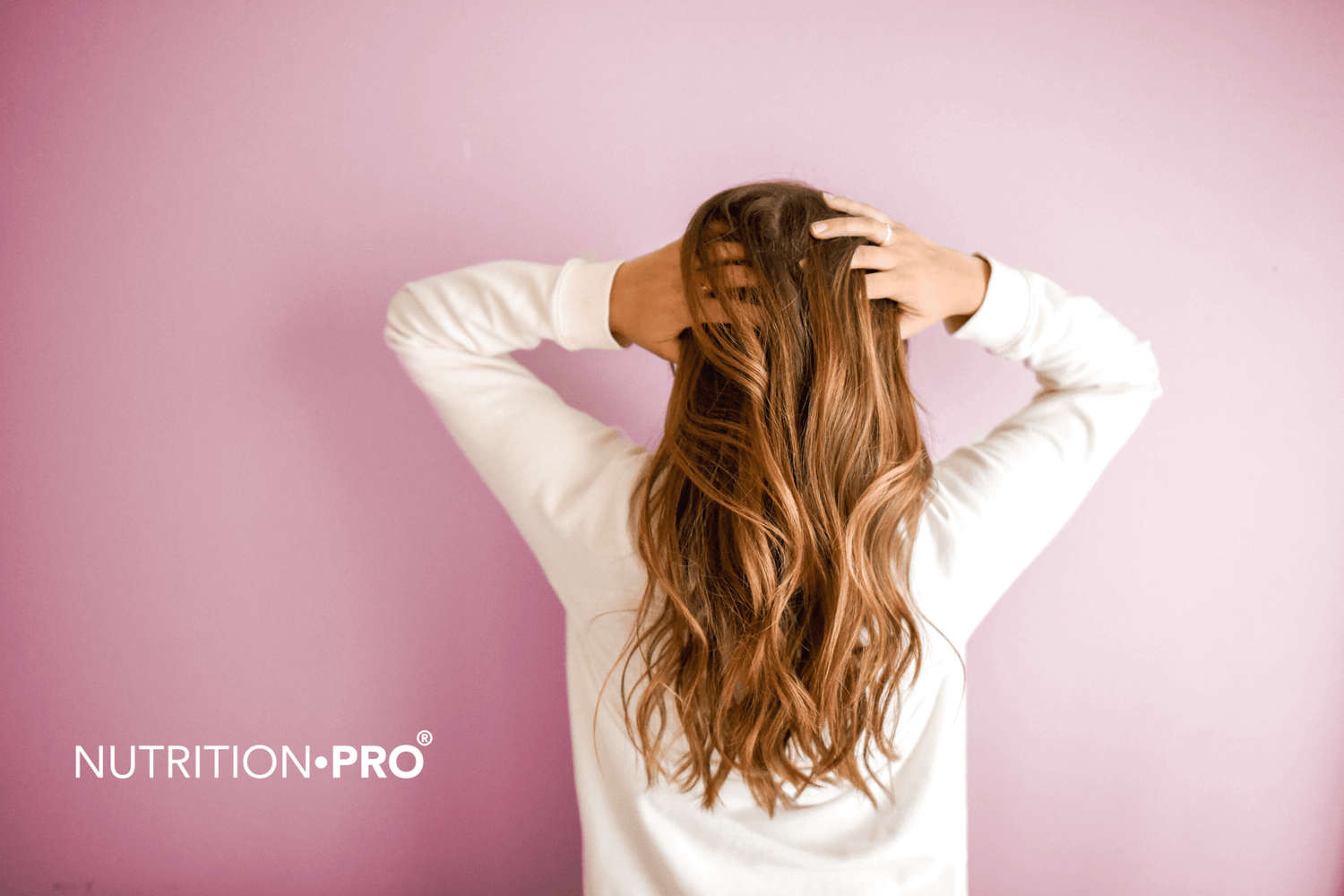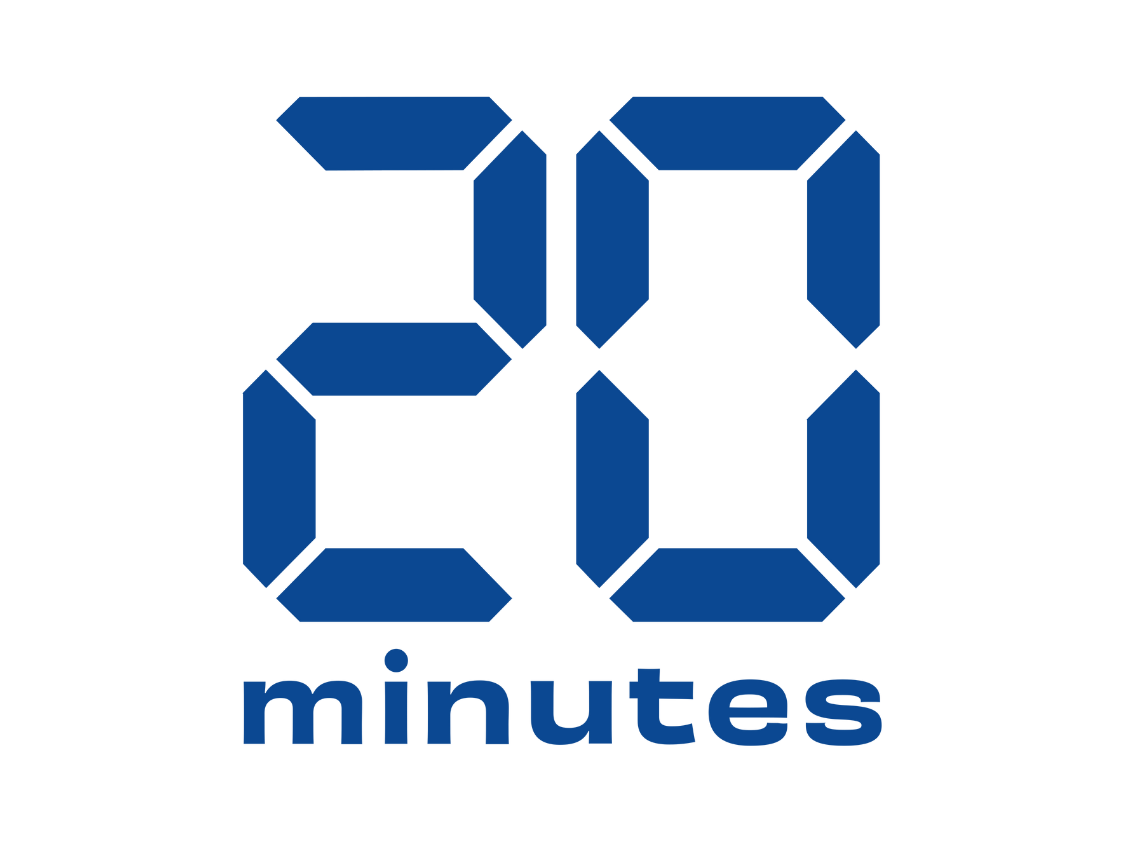You may be wondering if there is anything you can do to make your hair grow faster . Do any products help? Can dietary changes speed up growth? And what about medications or treatments?
In this article, we'll help you answer these questions. We'll also take a closer look at what can affect hair growth and what steps you can take to improve your hair growth .

Discover the Sublimateur ® , a unique formula that accelerates the growth of hair and nails by clicking here
How does hair grow?
About 100,000 follicles are found on your scalp. When it comes to hair loss, it is completely normal to lose around 50 to 100 hairs a day.
Hair grows from a root at the bottom of a follicle under your skin. Blood from your scalp goes to the follicle and delivers oxygen and nutrients to the hair root, which helps your hair grow.
Hair grows an average of 0.3 to 0.5 millimeters per day, or about 1 centimeter per month . This is an average and hair does not grow at the same rate for everyone.
How fast does hair really grow?
The speed at which your hair grows will depend on your:
- Age
- Specific hair type
- Overall health
- Other health issues
Science has discovered how hair growth is controlled at the cellular level in the body, but not enough to know how we can directly accelerate hair growth .
What can help your hair grow?
Let's look at 10 steps that can help your hair grow faster and get stronger :
1. Avoid restrictive diets
According to Dr. Lindsey Bordone, dermatologist and assistant professor of dermatology at CUMC, we can't control everything that affects our hair growth . But there are things we can avoid that can impair growth and increase shedding.
"Restrictive diets can decrease the resources and nutrients needed for hair growth," Bordone said.
"And since hair growth is a relatively low priority compared to other bodily functions, hair growth stops quickly when your body is under stress from a restrictive diet," she explained.
"Even after resuming a healthy diet, the hair loss usually lasts for several months," Bordone said.
2. Check your protein intake
"If your diet is severely restrictive, hair won't grow optimally and shedding may occur," Bordone said.
"A well-balanced diet with adequate protein intake is important for optimal hair growth ," she added. "In general, we recommend 50 grams of protein or more per day."
3. Try caffeinated products
Products like shampoos, conditioners, or masks that contain caffeine are beneficial for hair growth .
We all know caffeine can give you an energy boost, but a
According to the study, caffeine can help promote new hair growth at the molecular, cellular and organic levels in both men and women.
4. Apply the right hair essential oils
Essential oils not only smell great, but they can also help promote hair growth .
Several studies have found that a daily dose of 400 milligrams of vegetable pumpkin seed oil in capsule form leads to increased hair growth in men. After 24 weeks, men who took pumpkin seed oil experienced a 40 percent increase in hair count.
These same studies looked at four groups of mice, each of which received a different hair treatment. Treatments consisted of saline, jojoba oil, 3 percent minoxidil, or 3 percent peppermint oil.
The study found that the group given peppermint oil exhibited the strongest hair growth . This included a significant increase in dermal thickness, follicle count, and follicle depth.
Another study also demonstrated that rosemary oil may be just as effective as minoxidil, the active ingredient in Rogaine, in restoring hair growth .
5. Boost your nutritional intake
Specific vitamins, minerals and fatty acids are particularly important for your overall health and also play a key role in providing your body with the energy needed for hair growth:
- Biotin
- Vitamin C
- Vitamin D
- Vitamin E
- Zinc
- The iron
- Omega-3s and omega-6
A
another's data have suggested that lower zinc levels may play a key role in hair loss .
A
Brewer's yeast is a natural food supplement based on microscopic fungi. It is an ideal source for healthy hair and nails as it is rich in vitamins B1, B5, B8, B9 and minerals. Hair is primarily made from proteins called keratin and vitamin B is essential for keratin synthesis.
6. Treat yourself to a scalp massage
A scalp massage can help promote relaxation and relieve stress. But it can also help improve the health of your hair .
One study looked at the effectiveness of daily 4-minute scalp massages. After 24 weeks, the researchers discovered that the nine men involved in the study had thicker hair than when they started.
Although the study showed no noticeable difference in hair growth, it is believed that massaging the scalp may help dilate the blood vessels under the skin. This, in turn, can lead to thicker, stronger hair that is less likely to break or be damaged.
You can have your scalp massaged by a professional or indulge in a do-it-yourself massage at home.
Regularly massaging castor oil into the hair helps increase growth and lubricates the hair shaft, increasing flexibility and reducing the risk of breakage. Castor oil may also benefit people who suffer from dandruff, a common scalp condition characterized by dry, scaly skin on the head.
Board-certified dermatologist Dr. Sapna Palep says using PRP therapy with hair loss patients has shown promise.
Although more controlled studies are needed, several studies found that PRP may be an effective treatment option for hair loss .
7. Look into PRP treatment
PRP is a breakthrough treatment that uses injections of a concentration of a patient's own platelets to restore and accelerate hair growth ," she said. "Platelets are proteins derived from our own bloodstream and DNA that can act like a stem cell when put back into the body,” Palep said.
Injections of PRP into the scalp can shake up awake hair follicles, leading to more hair growth .
Treatments are once a month, for 3 months, and every 6 months thereafter for maintenance.
8. Pay attention to the heat
The heat from curling irons, hair dryers and straighteners can damage your hair and break it.
While avoiding heat styling altogether isn't an option, you can try to limit how often you use these tools. Lowering the temperature of heated styling tools can also help reduce hair damage .
Additionally, according to one study , using a heat protectant product before using a heated styling tool can significantly reduce hair breakage.
Heat treatments work by forming a protective barrier that helps prevent moisture loss when using heated tools.
9. Go easy on coloring your hair
When we dye our hair and change the texture with chemicals, these processes can stress the hair and cause it to break
But when we tone down the hair fiber is preserved, the hair breaks less and can give the impression that it grows faster.
10. Gently brush and detangle hair
Brushing or combing your hair is obviously essential, but just keep in mind that aggressive brushing can cause physical damage to your hair that will keep it from looking long. Basically, if you hear the sound of the brush cracking through your strands, you're being too rough. And be especially careful when your hair is wet and more likely to break.
When detangling wet hair, be sure to start at the bottom and work your way up slowly. We often instinctively brush down from the scalp, but that just pushes the little tangles into a big knot and can cause you to lose a lot of hair.
Instead of using any hair brush, use a natural boar bristle brush, which helps to gently distribute your scalp's natural botanical oils along the hair shaft (meaning healthier strands and more hydrated) and limit hair loss.
What oil to grow hair?
There are different types of effective oils for hair growth :
- Castor oil . Castor oil is the best oil to enrich your scalp . It contains ricinoleic acid and omega-6 fatty acids, and therefore, when applied to the scalp, it helps increase blood circulation, which improves hair growth . It also helps strengthen the roots and prevent hair loss.
- Coconut oil . Coconut oil can have several benefits for your hair and scalp. Using it as a hair mask and leave-in treatment can help hydrate and seal hair. This can help prevent a dry, flaky scalp and dandruff, as well as split ends and brittle hair.
- Jojoba oil . Jojoba oil moisturizes hair, prevents dandruff and dry scalp and makes hair soft and shiny.
- Argan oil . Argan oil protects hair from damage caused by UV rays and heat. It also hydrates and smoothes the hair, making it soft and manageable and giving it a burst of shine.
- Almond oil . Almond oil moisturizes, seals and protects the hair and also protects against hair loss and breakage. Using it regularly helps you grow longer and stronger hair.
- Olive oil . Olive oil protects against heat damage, gives a smooth and shiny appearance, moisturizes and gives dry, damaged and broken hair a healthy appearance. The hydration of the hair is very important.
- Lavender oil . Lavender oil promotes hair growth without the side effects caused by other topical hair growth products. It prevents hair loss, moisturizes the scalp and balances sebum production. Its regular use results in fuller and thicker hair. Along with its many benefits for the hair and scalp, lavender oil is also proven to relieve stress, which is also a cause of hair loss. Lavender oil also has a distinct and pleasant aroma.
- Lemongrass oil . Lemongrass oil has antifungal and antiviral properties and is effective in relieving dry scalp and dandruff. It is proven to inhibit dandruff caused by yeast problems. Lemongrass oil also prevents hair loss and gives hair a healthy shine. It also smells fresh and clean, and is a known stress reliever.
In conclusion
Although genetics plays a role in hair growth , several other factors also come into play when it comes to having long, beautiful hair. And while there's no magic formula for instant hair growth, there are steps you can take to improve the health and growth of your hair .
A healthy diet that includes key nutrients along with adequate protein is key. Using certain products and treatments can promote hair growth , while using heat treatments and chemical treatments can also help.
If you are concerned about hair loss or have trouble growing your hair, you may want to discuss with your doctor why this may be happening.















